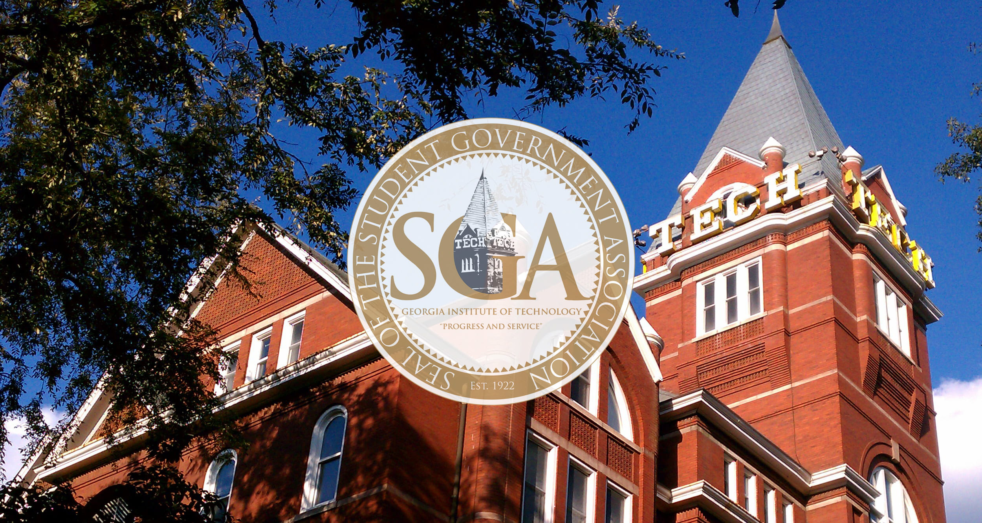As the elections for the undergraduate president and vice president of Student Government Association (SGA) begin, Sam Ellis and Ajanta Choudhury’s terms draw to an end. Reflecting on their tenure, the Technique believes that in the face of a uniquely difficult year, they have done a commendable job working to address problems. The Editorial Board still recognizes many of their campaign goals were unmet, and SGA, as an institution, still has many issues.
First, Ellis and Choudhury have done a fantastic job addressing smaller institutional problems. Highlights of their term include pushing for the Office of the Student Integrity (OSI) to be fully staffed, creating a syllabus repository, and prioritizing increased transparency of SGA initiatives. For those not familiar with OSI, it is an institution on campus that focuses on processing student misconduct cases. However, in the past, OSI has been historically understaffed and maintained a massive backlog of cases. Ellis and Choudhury’s choice to prioritize staffing OSI, a problem that not many people knew about but was still impacting many students, was representative of a common theme in the problems they chose to solve.
The syllabus repository was also another highlight of their campaign. By crowdsourcing syllabi from Tech students, SGA was able to add a feature to Course Critique, a popular grade distribution platform maintained by SGA, where students would be able to view syllabi for classes before they register for them. Creating a syllabus repository was one of the campaign promises that Ellis and Choudhury ran on, and it was encouraging to see their immense success in accomplishing it.
The Editorial Board also commends Elliot and Choudhury on their efforts to facilitate communication on campus. For example, their addition of a vigil request form was an important effort, on behalf of SGA, to better communicate information about student deaths — something with which the Institute has struggled. Moreover, their increased social media presence and monthly newsletters allow students to be more connected with the work of their student government and understand their impact on them. Student Government is fundamentally an organization for the student body, but if no one on campus has input on what they do or even knows about their work, SGA fails to accomplish one of its base purposes.
However, with this transparency, it is also important to note that Ellis and Choudhury have still remained frustratingly vague on many of their other goals. Even in their Executive Review last semester, many of their progress statements lacked nuance or explanation. Furthermore, without this nuance, it is easy for the accomplishments of other students and student organizations who helped with these projects to get lost under the larger umbrella of SGA’s accomplishments.
Another issue with Ellis and Choudhury’s term is the disconnect between their campaign promises and what they actually accomplished. This is reflective of a larger issue: the sheer size of the goals they set out to accomplish. Many of the goals they promised to achieve, such as the bar on Tech Square, were very large projects that would require years of work. However, SGA has rarely been able to accomplish this feat in the past, given that they lack a cohesive method for project continuation with each new campaign and executive board bringing its own priorities to the office.
Considering this, the Editorial Board urges this year’s candidates to bring new ideas to the table while also remembering the initiatives that have been years in the making. Many of the larger-scale reforms, like the restructuring of the Institute’s mental health services, are projects that will take years and involve countless outside forces.
However, if the new executive board simply gives up on these projects, it makes the work of every previous president, representative or student that has advocated for change mean nothing. The Technique’s hope for the upcoming election is to change this narrative and to see Ellis’ and Choudhury’s initiatives get the follow-through they deserve.
